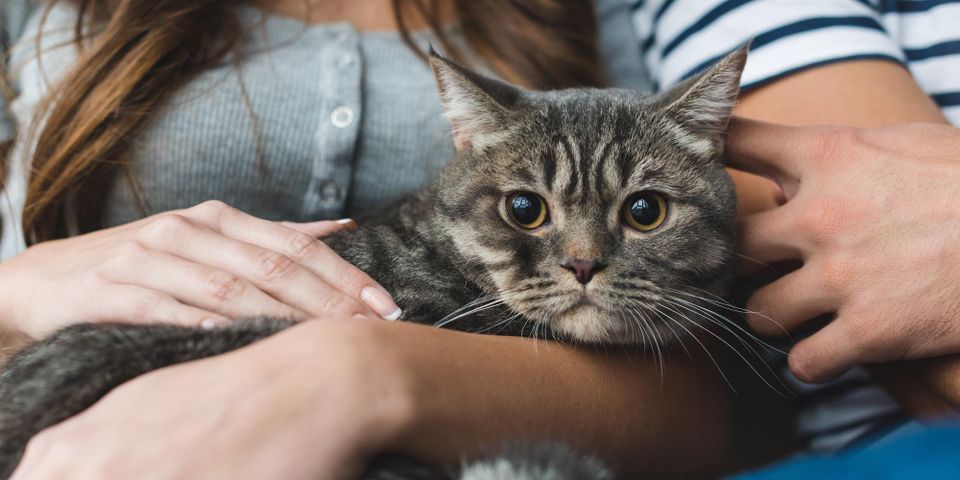
Many people love cats for their independence and self-sufficiency, especially when it comes to low-effort litter box maintenance. However, if your cat has been going outside of their box, it’s more than just a nuisance – it may be their way of telling you they need to see their veterinarian. Here’s what you need to know.
Common Litter Box Problems
1. Box Size
Before you fret too much about your furry friend’s health, check the dimensions of their litter box. Cats may feel uncomfortable in a box that’s too small and end up going outside of it. As a rule of thumb, choose a box about one and a half to two times your cat’s body length. Also, make sure there’s enough litter in the box, as cats have instincts to dig and bury that they need to satisfy.
2. Stress
Just like humans, cats experience stress that negatively impacts their physical and mental health. Often, cats feel anxious as a result of changes in their environment, such as the introduction of a new child or pet into the home. Abrupt changes in routine or lack of play and physical activity can also lead to stress. Most cats eventually adapt and return to normal, but may require extra attention and affection in the meantime. Playing with them often and providing an abundance of toys for stimulation will help them release energy and boost their mood.
3. UTIs
 Trapped bacteria can cause urinary tract infections (UTIs) in cats. Female cats are especially prone to the condition. The inflammation that occurs is painful, so you’ll likely notice other symptoms aside from a change in litter box behavior, such as whining or mewling, straining to urinate, lethargy, and increased water consumption. Your cat may also react negatively if you touch their abdomen. If your cat exhibits symptoms of a UTI, see your veterinarian right away for an exam and antibiotics.
Trapped bacteria can cause urinary tract infections (UTIs) in cats. Female cats are especially prone to the condition. The inflammation that occurs is painful, so you’ll likely notice other symptoms aside from a change in litter box behavior, such as whining or mewling, straining to urinate, lethargy, and increased water consumption. Your cat may also react negatively if you touch their abdomen. If your cat exhibits symptoms of a UTI, see your veterinarian right away for an exam and antibiotics.
4. Bladder Stones
Sometimes, UTIs are accompanied by bladder stones, or hard pieces of mineral that form in the bladder as a result of inadequate filtration. Recurring urinary problems can lead to feline lower urinary tract disease (FLUTD), which can obstruct the bladder. The condition is serious and can be fatal if untreated. Your veterinarian may recommend a special diet. In some cases, surgery may be recommended to remove the blockage.
Cats may not be able to talk like people can, but they can communicate in other ways, including behavioral changes. If you live in the Houston, MO, area and you’re concerned about your pet, turn to Texas County Veterinary Clinic for compassionate care you can trust. These friendly and experienced veterinarians provide a range of services from pet vaccines and dental care to emergency surgery. Call (417) 967-3857 to schedule an appointment or visit the website to learn more.
About the Business
Have a question? Ask the experts!
Send your question

